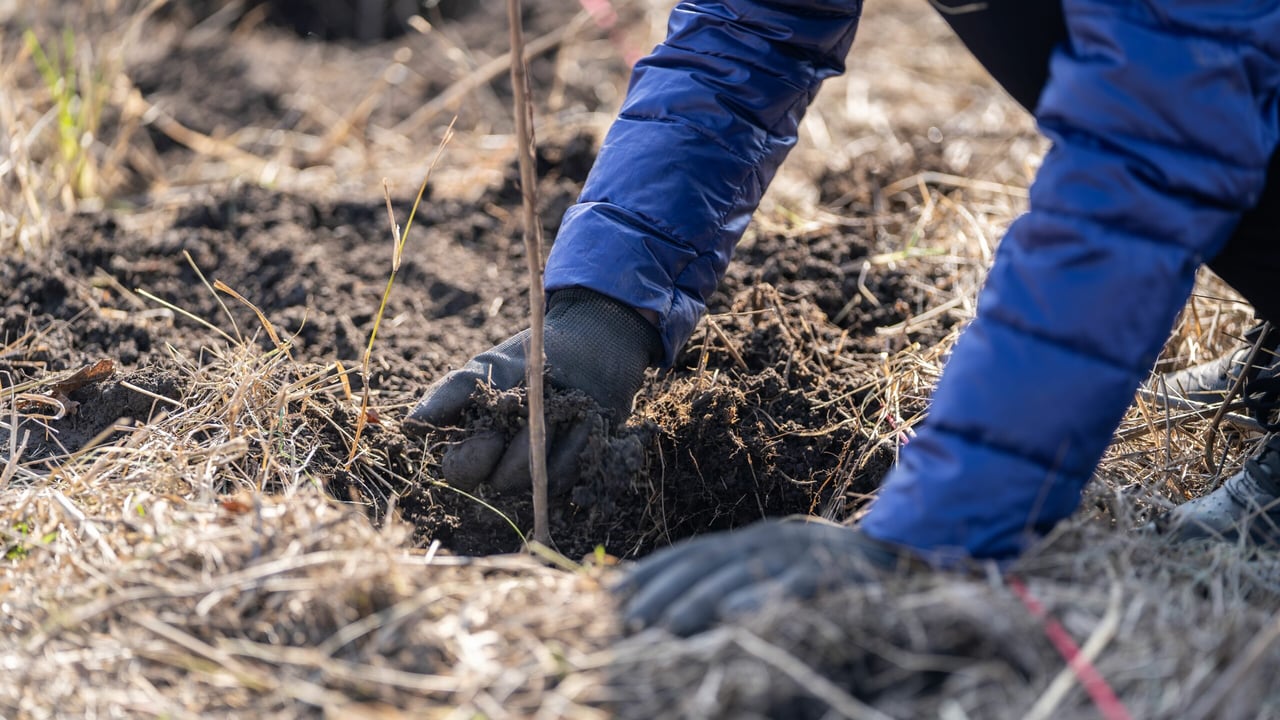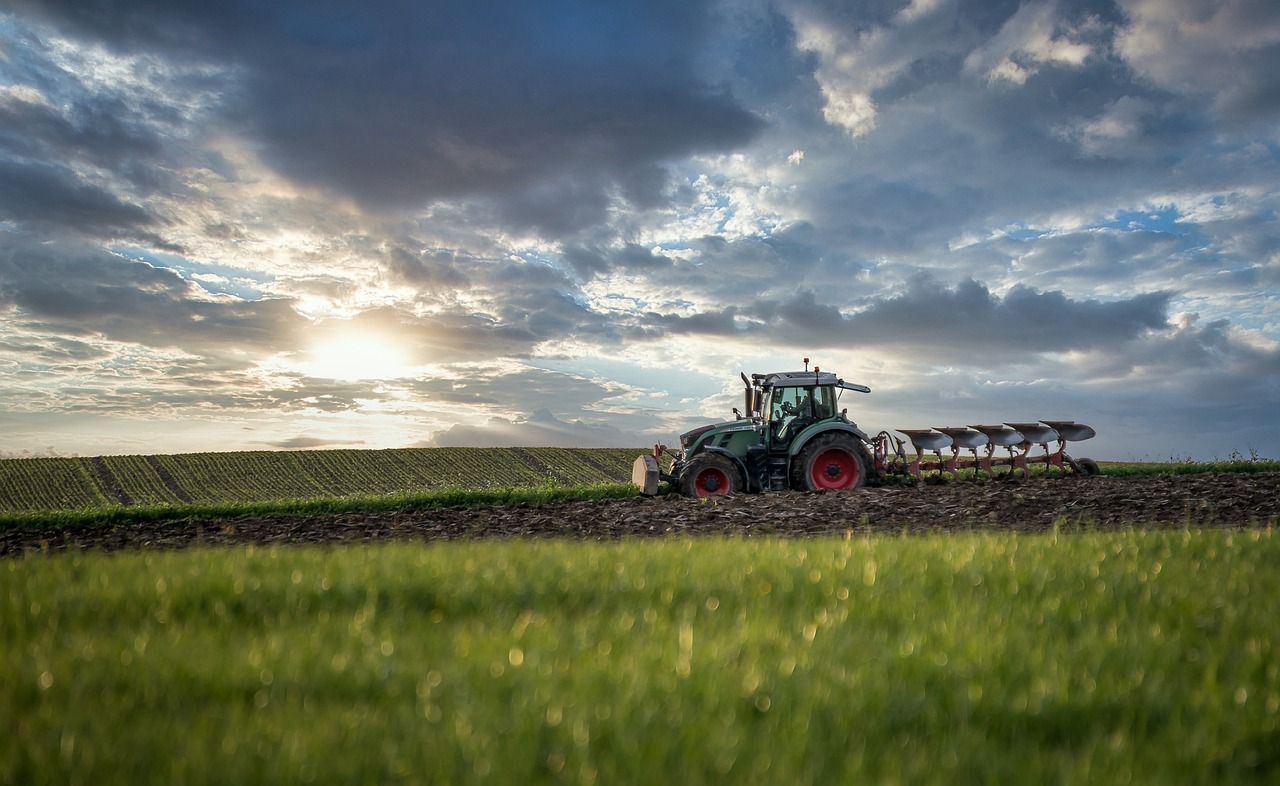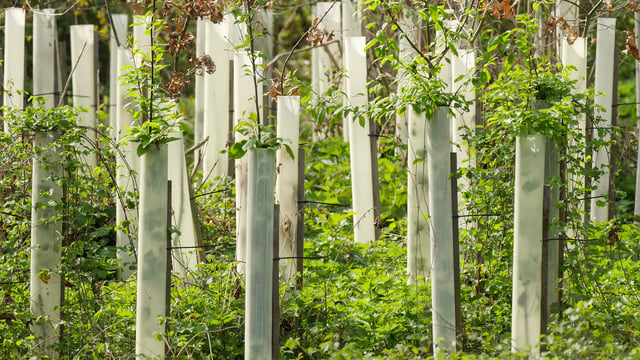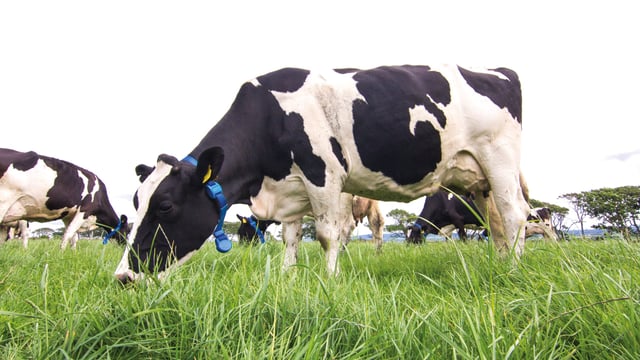Call for carbon payments to 'boost' farm incomes
The Irish Timber Growers Association (ITGA) has called for an "immediate mechanism" to facilitate carbon payments to farmers who improve the carbon balance on their farms, including those who plant trees.
ITGA technical director, Donal Whelan said that such an "initiative would counteract the highly volatile nature of farm incomes" as reflected in the Teagasc National Farm Survey 2023 published yesterday (Tuesday, July 23).
The survey, which is representative of almost 85,000 farms in Ireland, shows that the average family farm income dropped by 57% in 2023 to €19,925. Tillage and dairy farm incomes fell by 71% and 69% respectively.
Following the publication of the survey, the ITGA made the case that "environmentally friendly farming, while improving farm and forest carbon balances, should be a future source of more stable income for landowners".
Whelan said there is a "potential win-win" for the farming community and for climate action where farmers are "adequately remunerated" for carbon sequestration, or for a range of other farm or forest ecosystem services.
The EU’s Farm to Fork Strategy highlights the example of a “new green business model” where farmers who remove carbon dioxide (CO2) from the atmosphere and contribute to climate neutrality get rewarded, the ITGA said.
The ITGA said it previously called for such a scheme to be implemented in Ireland. Meanwhile, a National Carbon Farming Framework is currently being developed by the Department of Agriculture, Food and the Marine (DAFM).
Carbon farming aims to sequester CO2 from the atmosphere and store it in soils and reward farmers for reducing emissions and increasing carbon sequestration.
The delivery of a National Carbon Farming Framework is a commitment under the Climate Action Plan 2023 which is identified for delivery by June 2024, the DAFM said. However, the framework is yet to be published.
The ITGA criticises that there is "no forestry representation" on the Carbon Farming Working Group which was established in August 2023 for the purpose of providing guidance to the DAFM on the development of a framework.
This is despite afforestation being acknowledged in the Climate Action Plan 2024 as "one of the largest land-based, long-term climate change mitigation measures available to Ireland". The plan also recognises the potential of forest management to increase carbon stores.
The working group comprises representatives from Bord Bia, Teagasc, the DAFM, EIT Climate KIC, the Irish Strategic Investment Fund (ISIF), the Irish Co-operative Sector (ICOS), the Environmental Protection Agency (EPA), the National Economic and Social Council (NESC), and the Department of the Environment, Climate and Communications.
"Representatives on the department’s working group include DAFM, DECC, Bord Bia, Teagasc, ICOS, ISIF, EPA, however, there is no representation on the group for any forestry and many farming interests," the ITGA said.






